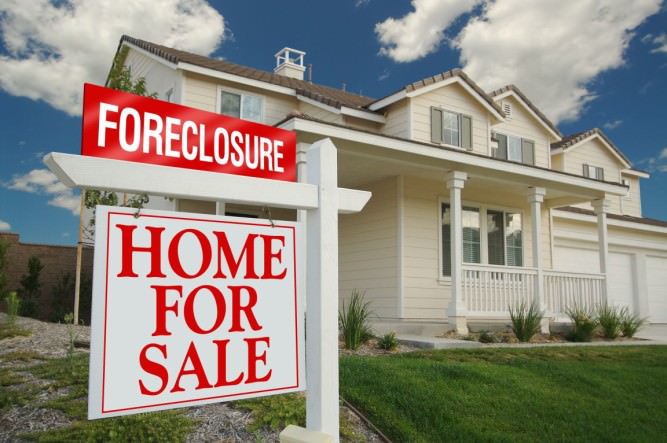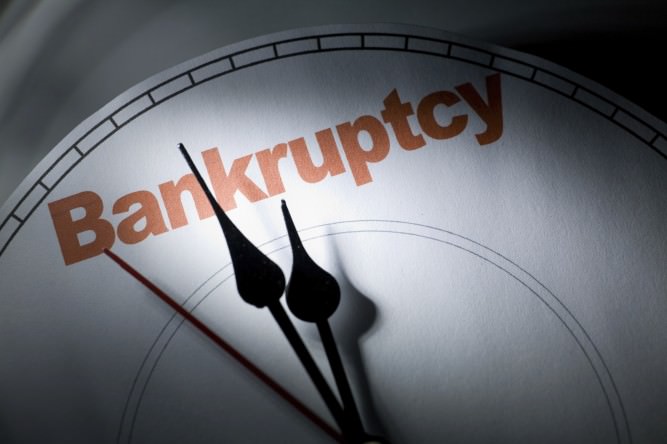One of the primary functions of a community association is the preservation and enhancement of property values within the community. This is often accomplished through enforcement of the covenants and proper maintenance and improvements to the common areas. However, many communities overlook political engagement as a means to accomplishing this function. Throughout the entire United States, there are approximately 65.7 million people that live in a community with an association. In Georgia...
Read More...
This article focuses on the practical considerations that an attorney should take into account when making the decision to hire and to retain an accident reconstructionist or biomechanical expert. While certainly not exhaustive, the article covers the basic issues to consider when making such a decision, namely how soon should an attorney hire an expert, how an expert may assist with a case, factors to consider when making a hiring decision, and how to vet a potential expert. When to hire an...
Read More...
These are the questions we are frequently asked regarding the closing process: Q: What information do you need from me to start the process? A:Review our information sheets: Click here for access buyer information sheet. Click here for seller information sheet. Q: What do I need to bring to closing? A: Click here for closing checklists and choose the one that applies to you. Q: I'm the buyer. How can I get a copy of your fee sheet? A: Click here for our fee sheet. Q: How can I find out...
Read More...
This past year, community associations have seen an increasing benefit of implementing foreclosure proceedings against delinquent owners. This article describes the foreclosure process and addresses changes in community association law relating to this process. In 2004, the Georgia legislature amended the Georgia Property Owners’ Association Act (the “POA”) and the Georgia Condominium Act (the “Condo Act”) to permit judicial foreclosures of an association’s lien, subject to...
Read More...
The National Bureau of Economic Research made the determination that the United States is in a recession - and has been since December of 2007. The current economic downturn has been caused, in part, by the nation’s housing downturn, which began in 2006. As a result, many Georgia community associations have noticed an increased number of homes being foreclosed upon and an increased number of bankruptcy filings. Many assume that a bankruptcy will completely eliminate an association’s ability...
Read More...




